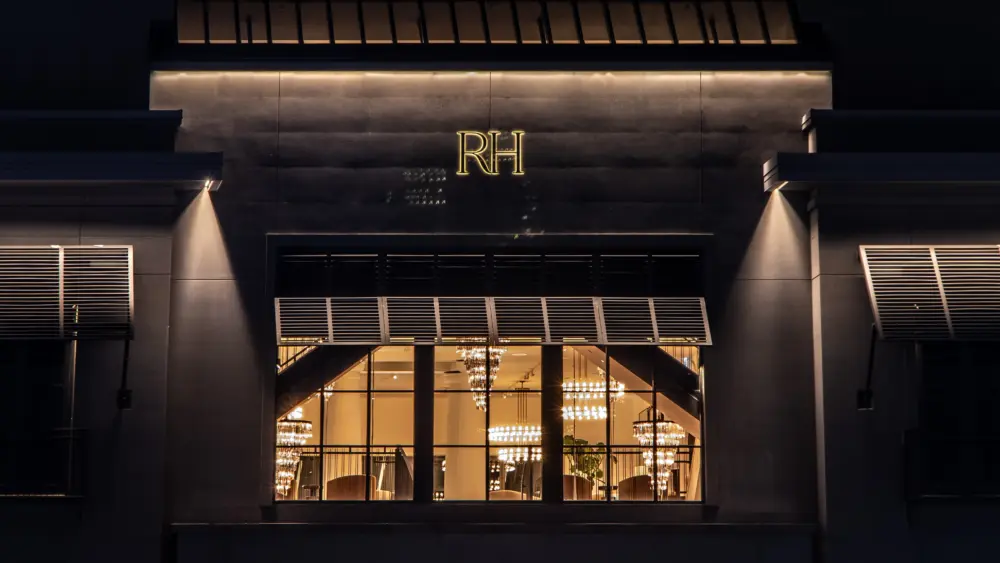People say change is hard. They also say change is good.
I say you go first.
Journalism in our country is transforming, and some of those adjustments can be seen at our local daily, the Marin Independent Journal.
The IJ has been around since 1948, the love child of a coupling between the Marin Journal and the San Rafael Daily Independent, though the Journal had been around since 1861.
Gannett bought the IJ in 1980, and coverage changed as stories were shortened, graphics and colors were splashed everywhere along with pictures of animals. We in the trade made fun of the chart madness as well as the idea that readers no longer had the time or desire to read stories of depth.
But shorter stories and graphics turned out to be a preview of journalism today, though the IJ is owned by Digital First Media these days, which in turn is owned by New York hedge fund Alden Global Capital. Other papers held by Alden include the Denver Post, Mercury News, and the Orange County Register. In all, it owns 63 newspapers.
I spend a fair amount of time writing about companies that hedge funds invest in for The Deal so I know hedge fund animals a bit. They are illiquid, tech-dominated, lightly regulated and prize their privacy. If you watch “Billions” on Showtime, the portrayal of fictional hedge fund Axe Capital is close.
Alden has no interest in having its newspapers produce quality journalism; rather it’s about puffing up its operating margin, which was 17 percent in 2017. To put that margin into perspective, Gannett, McClatchy and The New York Times Company all had margins under 10 percent.
I’m not against profits by any means, but Alden is getting theirs by cutting overhead, shorthand for gutting newsrooms and destroying resources used to bring local folks the news. With the retirement of the gifted Brad Breithaupt, the IJ is down to 14 editors and reporters according to the paper’s website.
In April, The Denver Post published a six-page special section making the public aware of Alden swinging an axe in the name of profit after 30 reporters were fired. The hedge fund boiled. Then Alden fired an editor from the Daily Camera for writing a story critical of Alden.
Alden’s bleeding newsrooms to the bone isn’t its only sin. Court documents in a Delaware lawsuit brought by another hedge fund, Solus Alternative Asset Management, alleges Alden pulled millions out of its newspapers to invest in less successful assets. The only problem is that Solus owns 24 percent of the newspaper business and Alden stopped furnishing financial statements to the hedge fund investor.
Then there’s the $80 million Alden investment in Homex, a bankrupt developer tied to the largest real estate fraud in Mexican history—that brought the wrath of the Securities and Exchange Commission down on Homex.
This is the sort of thing that many newspapers would look into, but not those owned by Alden. According to a leaked email, writing about Alden is now off limits.
We live in a time when the need for solid, fearless and fair journalism is critical. The Trump administration and its supporters have painted the media as the enemy, inventing the phrase “fake news” for anything that doesn’t paint the White House or Trump in a flattering light.
The work of The New York Times, The Washington Post, Politico, The New Yorker and others has been exceptional in detailing the struggle between truth and darkness.
But voices like those at the Main IJ are just as essential. We need them to keep us up to date on where we live, to inform, to keep local officials honest and maybe even to show us goofy pictures of animals.
A good start would be a front page portrait of Alden’s management.
Your Marin moment
Brigette Moran, the longtime chief executive officer of the Agricultural Institute of Marin, retired at Christmas time and she has now been replaced by Andy Naja-Riese, a resident of San Rafael’s Sun Valley neighborhood.
Naja-Riese is a former USDA official for the western region that includes California as well as five other states. He takes over an organization that has plans for an ambitious permanent home for the farmers market adjacent to the Civic Center, a 30,000-square foot headquarters that would include retail spaces, classrooms, a restaurant and a commercial kitchen.
The county and AIM signed a 40-year lease for the property, but the county can opt out if AIM fails to raise $15 million by July 2020.
The organization is said to be reconsidering the scale of the project and the most optimum way to proceed.
The embrace of sustainable, organic, and knowing your farmer is strong in Marin. So the question is where is the cash?
Author
-

Bill Meagher is a contributing editor at NorthBay biz magazine. He is also a senior editor for The Deal, a Manhattan-based digital financial news outlet where he covers alternative investment, micro and smallcap equity finance, and the intersection of cannabis and institutional investment. He also does investigative reporting. He can be reached with news tips and legal threats at bmeagher@northbaybiz.com.
View all posts




